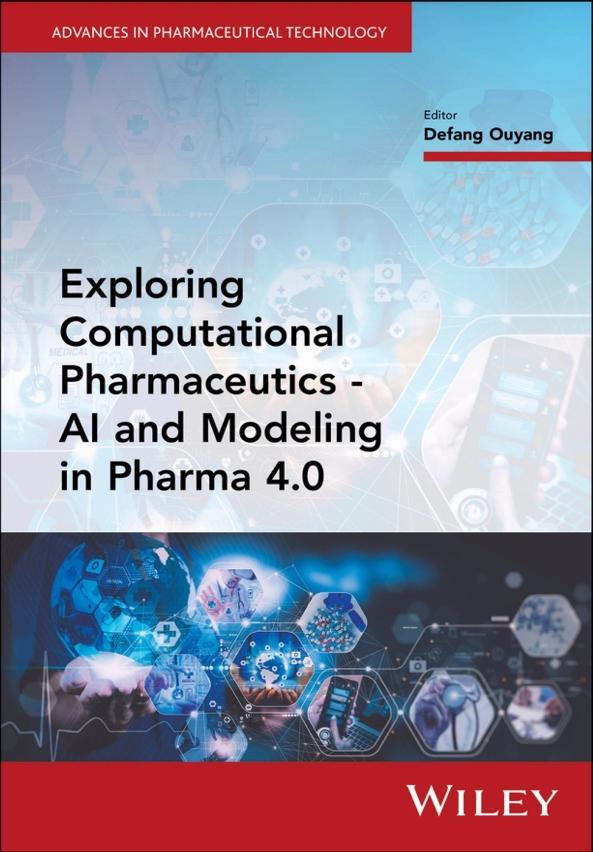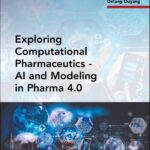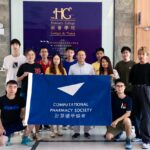 The book Exploring Computational Pharmaceutics – AI and Modeling in Pharma 4.0, edited by a UM scholar, is published by John Wiley & Sons
The book Exploring Computational Pharmaceutics – AI and Modeling in Pharma 4.0, edited by a UM scholar, is published by John Wiley & Sons
The book Exploring Computational Pharmaceutics – AI and Modeling in Pharma 4.0, edited by Ouyang Defang, associate professor at the Institute of Chinese Medical Sciences, the State Key Laboratory of Quality Research in Chinese Medicine, and the Department of Public Health and Medicinal Administration of the Faculty of Health Sciences at the University of Macau (UM), has been published by John Wiley & Sons, Inc. The book is the second edition of Computational Pharmaceutics. Bringing together leading pharmaceutical experts from academia, industry, and regulatory agencies, the book provides an overview of the changes and advances made in computational pharmaceutics over the past decade and explores the potential and future outlook of the Pharma 4.0 era.
Pharmaceutical scientists are currently faced with the challenges of high costs, long lead times, and low success rates in drug development. Over the past decade, the wave of digital transformation in the pharmaceutical industry has presented new opportunities to improve the efficiency of drug development. Since 2011, Prof Ouyang has pioneered the integration of artificial intelligence and multi-scale modelling in pharmaceutical research, creating a new research field of ‘computational pharmaceutics’. He edited the first monograph in the field, Computational Pharmaceutics, which was published by John Wiley & Sons in 2015 and received wide attention and positive feedback. Over the past decade, the field of computational pharmaceutics has developed rapidly and has been widely applied in the pharmaceutical industry. In response to readers’ expectations and the publisher’s invitation, Prof Ouyang started working on the second edition of Computational Pharmaceutics, Exploring Computational Pharmaceutics ‐ AI and Modeling in Pharma 4.0, in 2021, and the book was successfully published after three years.
The book covers a wide range of topics including artificial intelligence, molecular modelling, process simulation, intelligent manufacturing, and quantitative pharmacology. It provides a multi-scale perspective that reveals the physical, chemical and data-driven details of pre-formulation studies, formulation, process, clinical studies, and precision medicine. The chapters also provide specific information on the application of cutting-edge computational technologies in both conventional dosage forms and advanced drug delivery systems. The book is aimed at pharmacologists, computational chemists, and computer scientists. It will also benefit pharmaceutical chemists, clinical pharmacists and materials scientists, and encourage more researchers to engage in the field of computational pharmaceutics, thereby making a significant contribution to the pharmaceutical industry. For publication details, please visit: https://onlinelibrary.wiley.com/doi/book/10.1002/9781119987260.
Prof Ouyang has an interdisciplinary background in pharmacy and computer science, with extensive experience in both the pharmaceutical industry and academia. His research interest is in computational pharmaceutics and he has published over 100 SCI journal papers in the field. Prof Ouyang received his PhD degree from the School of Pharmacy at the University of Queensland, Australia, in 2010, and was awarded the Dean’s Award for his PhD thesis. He has been a lecturer in pharmaceutics at Aston University, UK, since January 2011, and joined the Institute of Chinese Medical Sciences at UM in November 2014.



